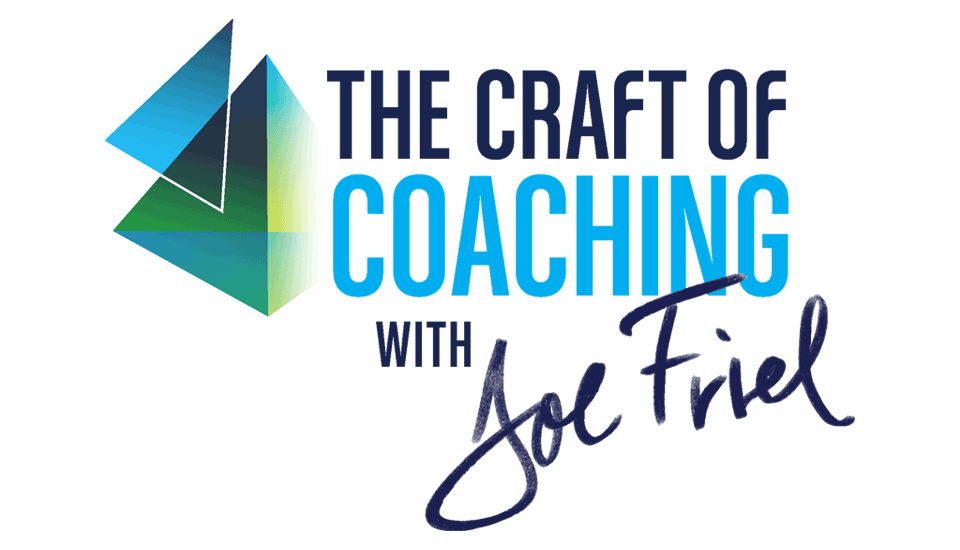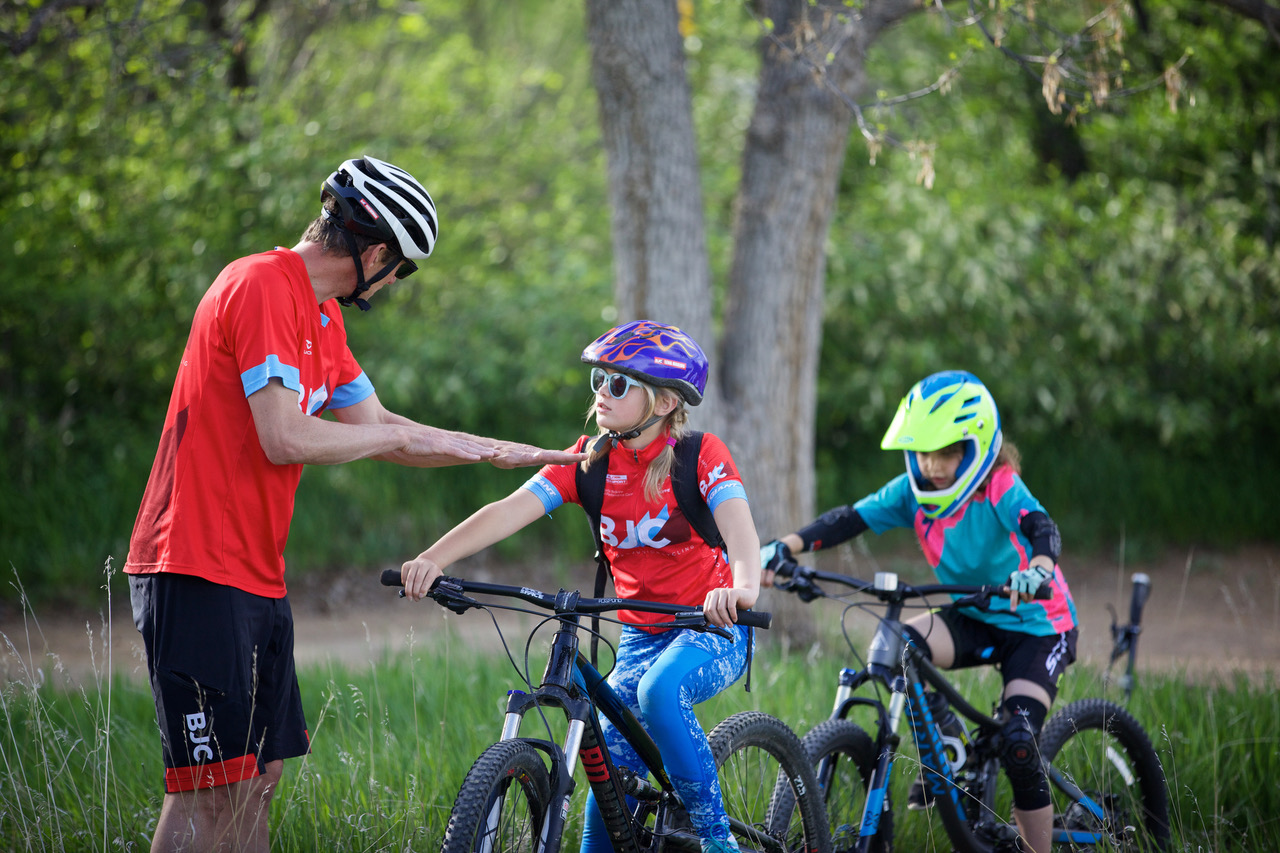It’s an all-too familiar scene: parents line the sidelines of their child’s sporting event urgently shouting out instructions as if everything is on the line. For coaches of junior athletes, working with parents can be one of the toughest aspects of the job. As Director and Head Coach of Boulder Junior Cycling (BJC), Pete Webber considers educating parents a top priority.
Set clear ground rules for parents
Webber hosts parent meetings at the start of each season to set some ground rules that promote positive relationships, both between parents and coaches and parents and their kids. More importantly, when parents agree to be supportive of these standards, it increases the chances that their kids will stick with the sport over the long-term.
Release your child to the sport
In doing so, young athletes can take ownership over their experience and get more out of it. When parents are busy filling the drink bottles, cleaning up dirty gear, setting the alarms, and communicating with the coach, young athletes can’t step up to the challenge and learn the life lessons that sport teaches so effectively. In sport, there are plenty of natural consequences to being unprepared, particularly as athletes get older. An athlete’s desire to succeed might be a more effective teacher, thereby lightening the load on parents even more.
Let the coach do the coaching
Parents are naturally invested in seeing their kids succeed, but for the sake of the athlete, the roles need to remain clear. When parents try to coach their kids, it can lead to conflicting instruction, which is likely to frustrate or confuse young athletes. It can be particularly difficult for parents who have a history in the sport to refrain from coaching their kids, but in these cases the stakes are even higher.
More is not better
The research on junior athletes also supports this rule. Webber asks the parents of his athletes to refrain from seeking out additional coaching, instead inviting them to talk with the coaching staff about concerns.
Practice good sportsmanship
It’s a learned behavior. It’s critical for parents to set an example by respecting the rules, officials, teammates, and opponents.
Embrace your role as No. 1 supporter
Participating in sport has the potential to teach valuable life lessons to young athletes: 1) how to be independent, 2) how to be responsible for every aspect of training, preparation, and performance, and 3) how to be accountable. When parents are focused on encouraging (not coaching) their kids, it speeds up the learning process.
Parents are a young athlete’s greatest role model. Here are some questions parents can use to better support their child in sport:
- Do you offer unsolicited advice about how to perform better?
- Do you communicate disappointment verbally or nonverbally?
- Do you show affection to celebrate good performance and withhold affection after a poor performance?
- Do you praise or encourage only after good performances?
Teach parents what they can do to keep athletes invested
It’s easy for a parent’s enthusiasm about their child’s sports performance to inadvertently be expressed in a way that applies expectations or pressure. Webber gives parents additional instruction on what it looks like to let their kids “own” their sport experience.
- Do not attend every one of your child’s races. This helps young athletes learn to be independent and it can also strengthen their connection with the team.
- Do not bring up the sport in casual conversation. It’s better to let the athlete initiate the conversation.
- Avoid an immediate debrief following a race. After a disappointing performance or loss, the last thing a young athlete needs to hear is a list of their technical or strategic mistakes. The best thing a parent can say is, “I love to watch you race.”
- Avoid negative talk about coaches or teammates. When parents discuss disagreements or frustrations, especially in front of their kids, it has the potential to undermine trust and erode the team culture. Find the time to bring up concerns in a respectful way.
- Be patient with the process. Junior athletes benefit from a long-term perspective on their development. Having fun is more important than performance, so take long breaks between seasons and play other sports.
When young athletes feel pressure and expectations coming from their parents, not only are they less likely to realize their potential in the sport, but the pressure can also culminate in a negative experience that jeopardizes an active and healthy lifestyle in adulthood.
Webber recommends Let Them Play: The Power and Joy of Mindful Sports Parenting, a book by Jerry Lynch that builds upon the idea of releasing kids to the sport, for both parents and coaches.


